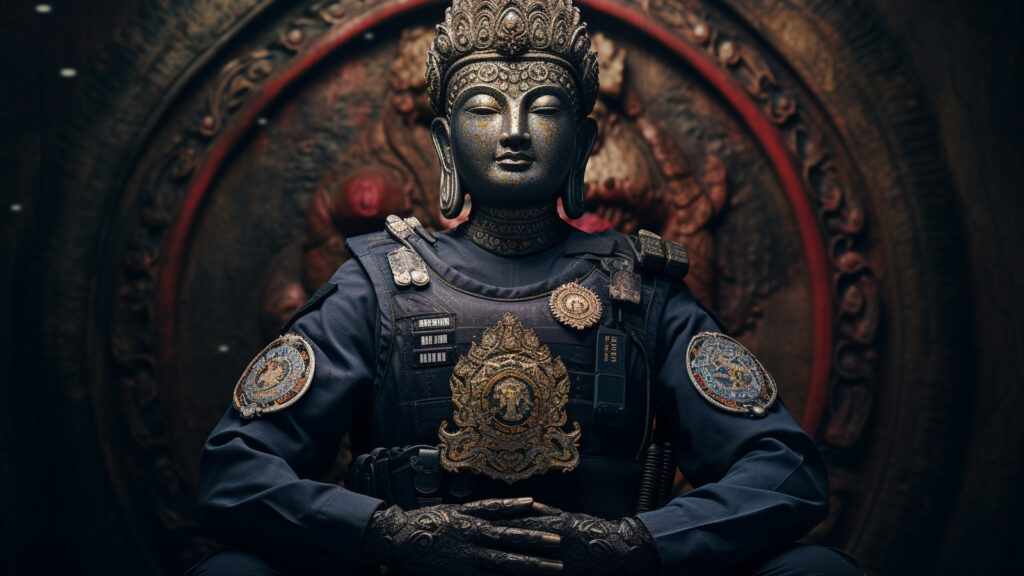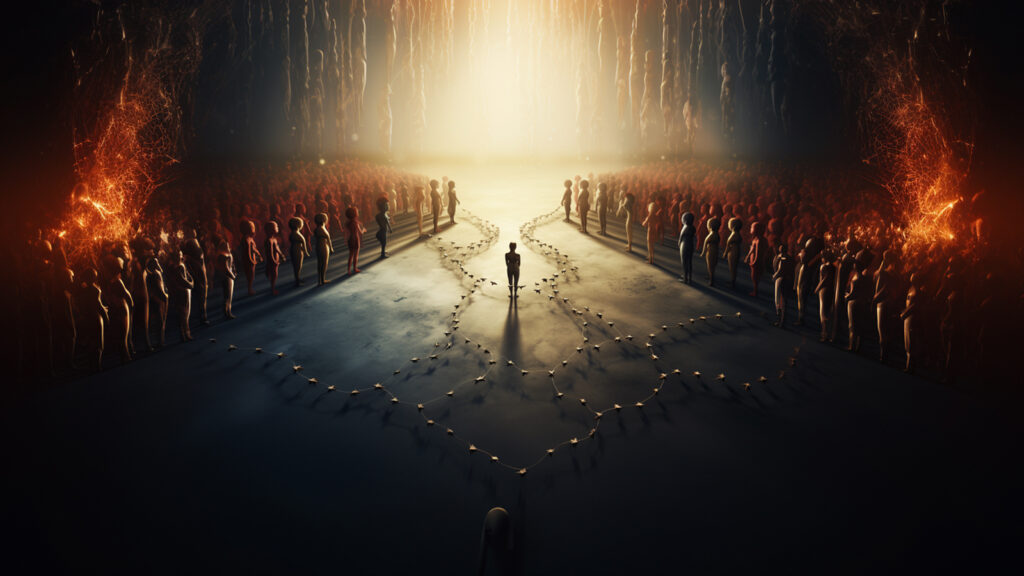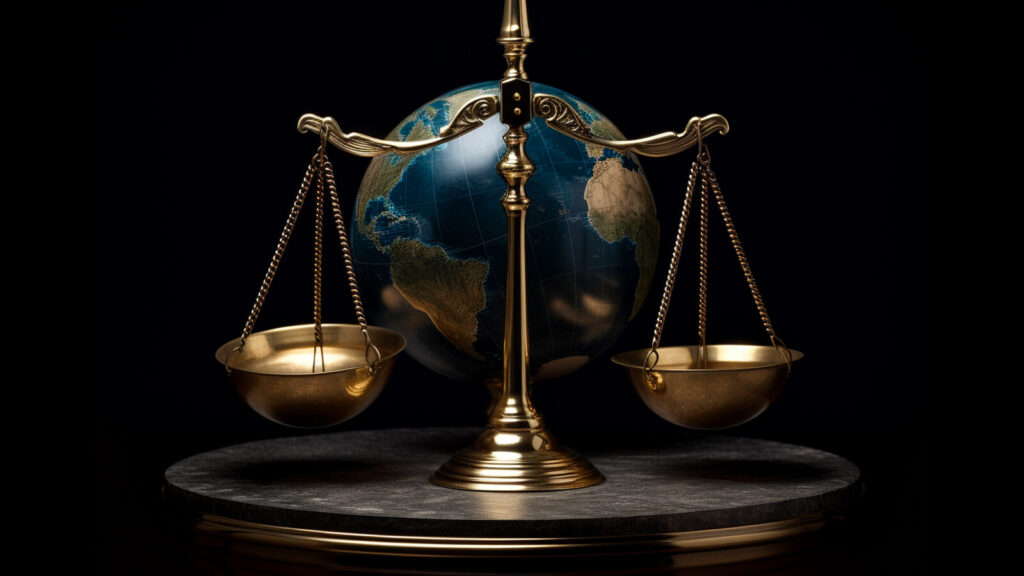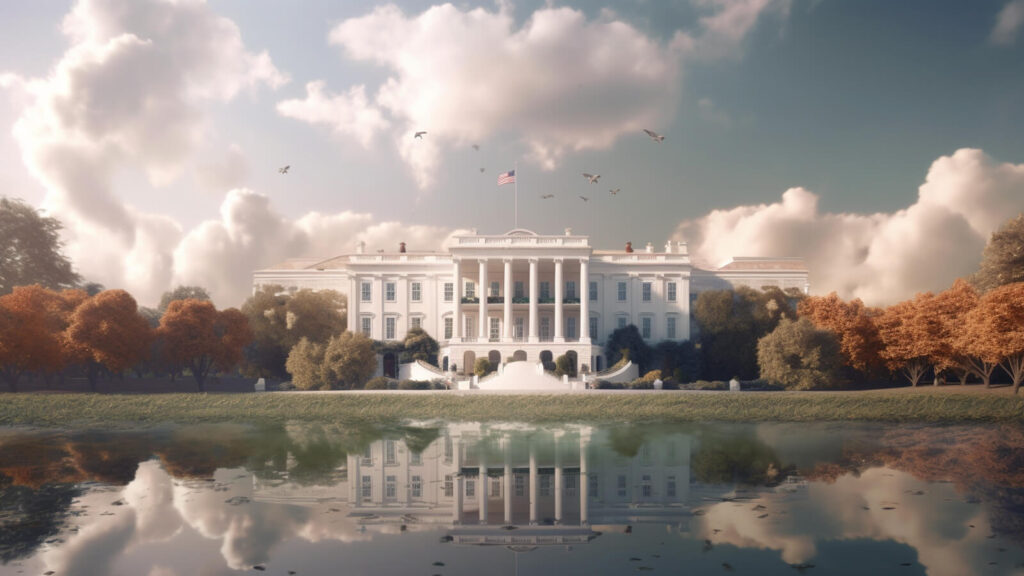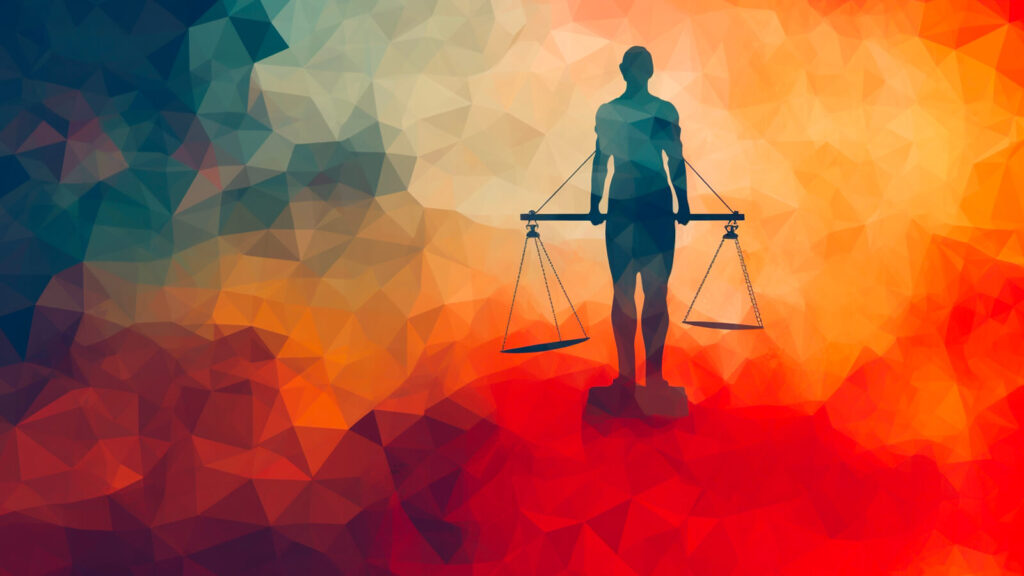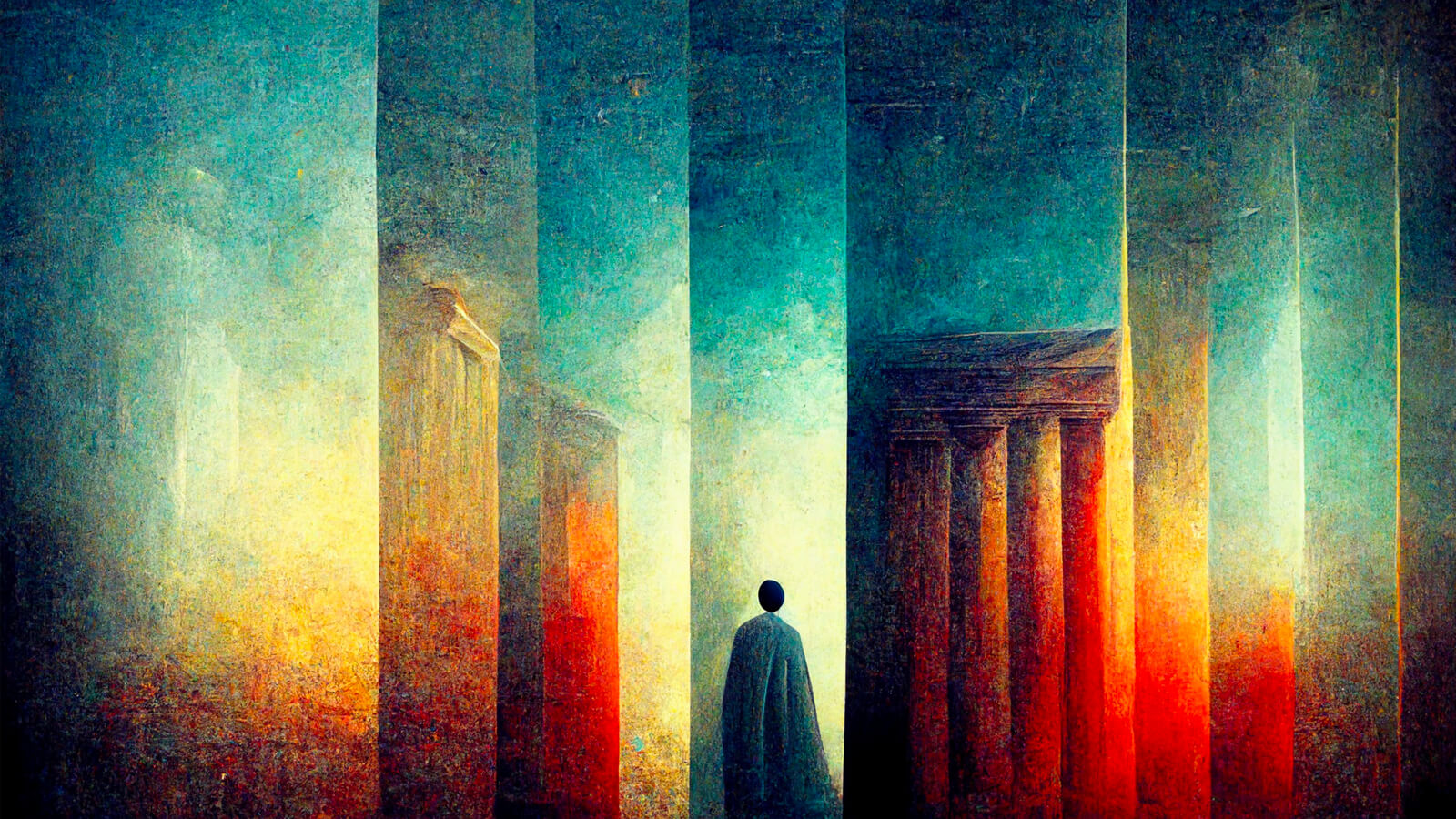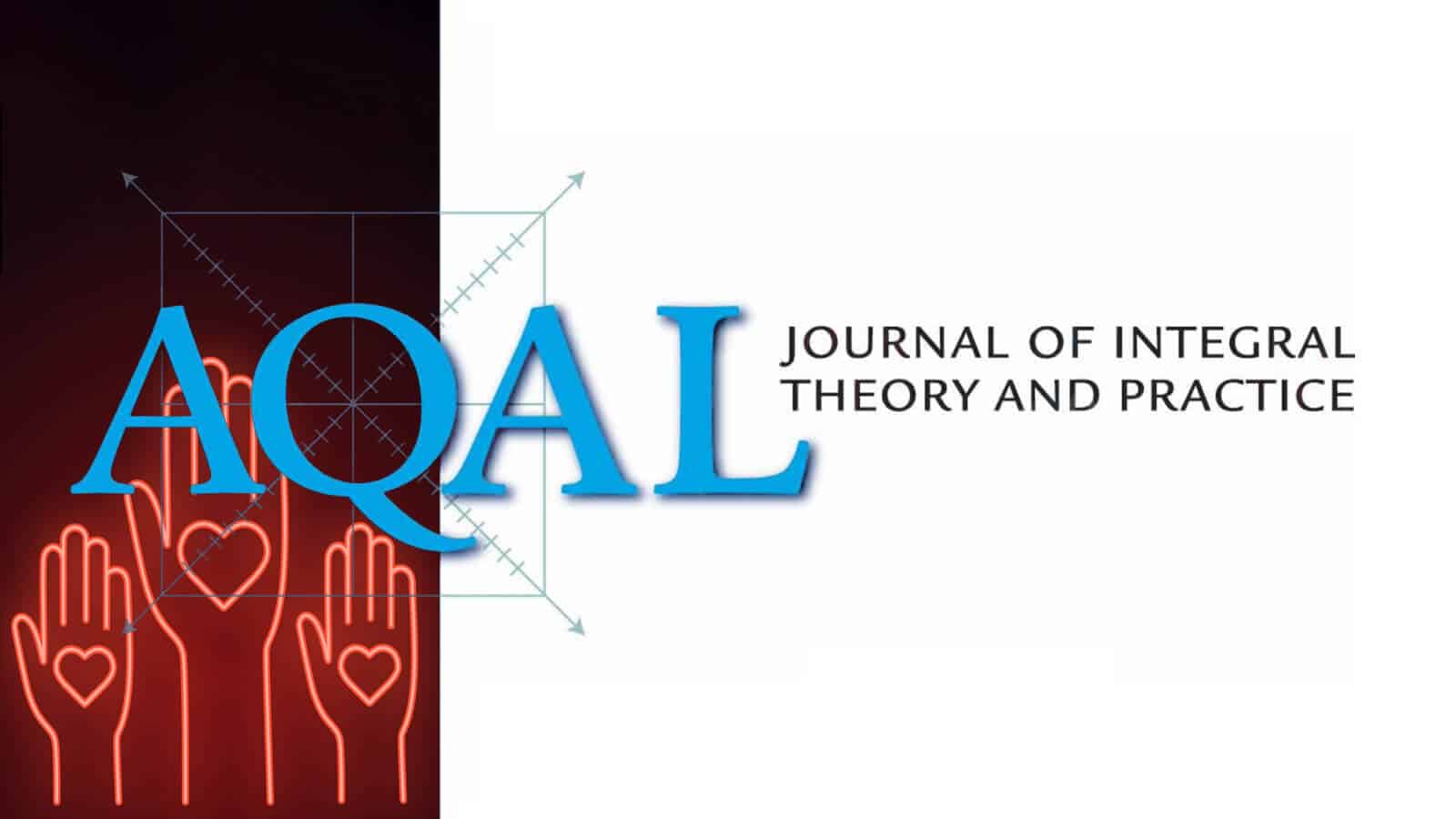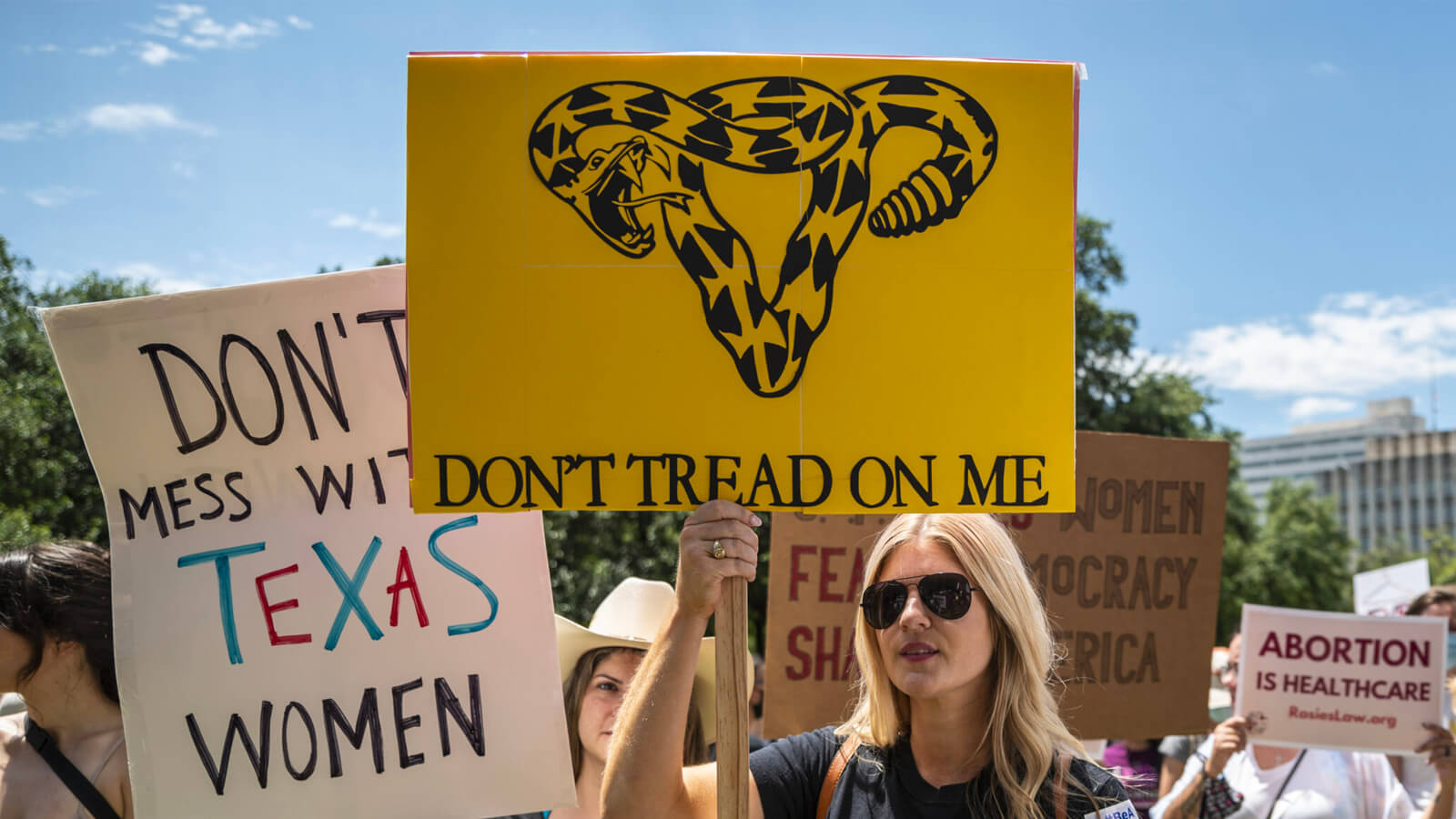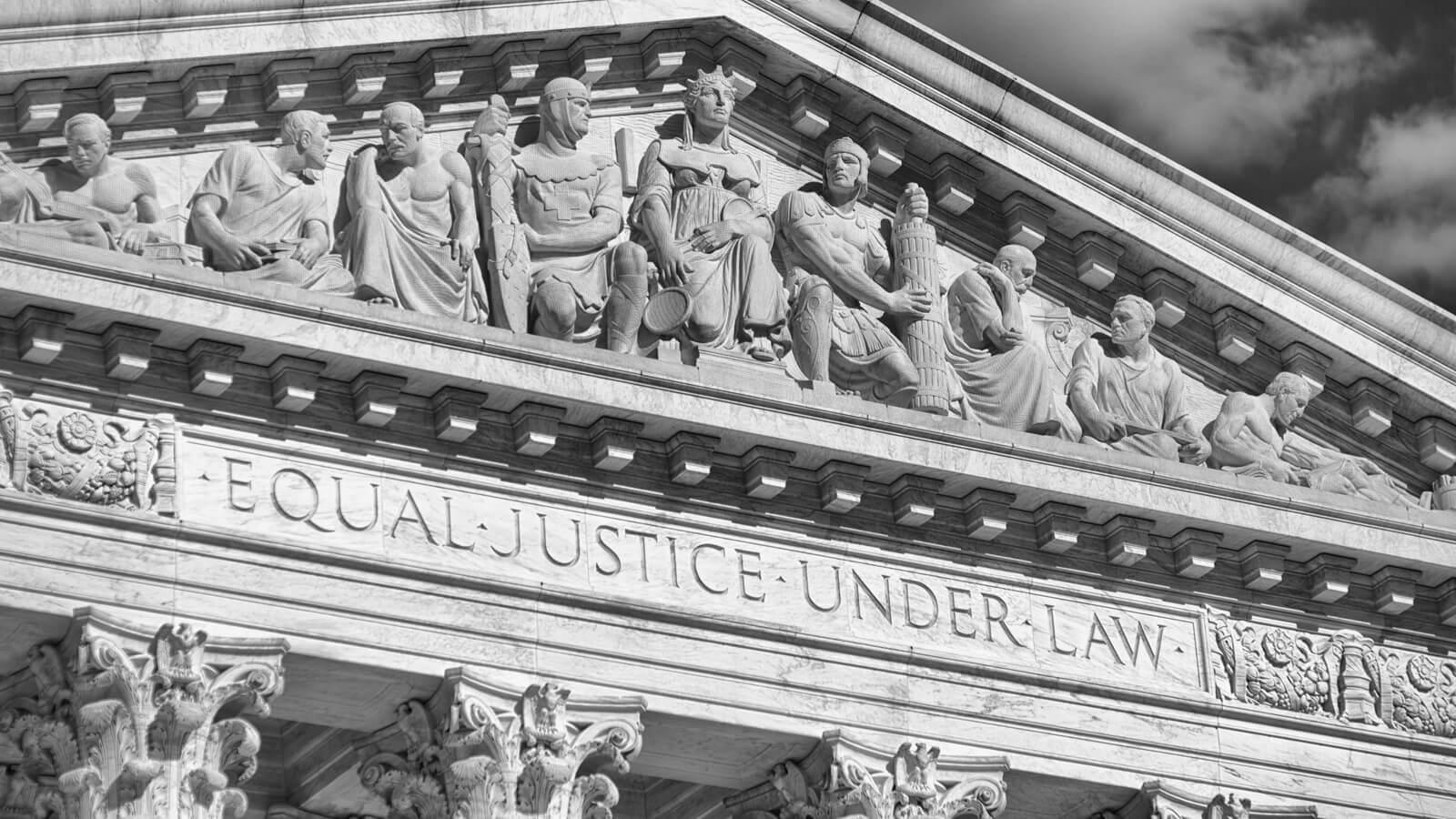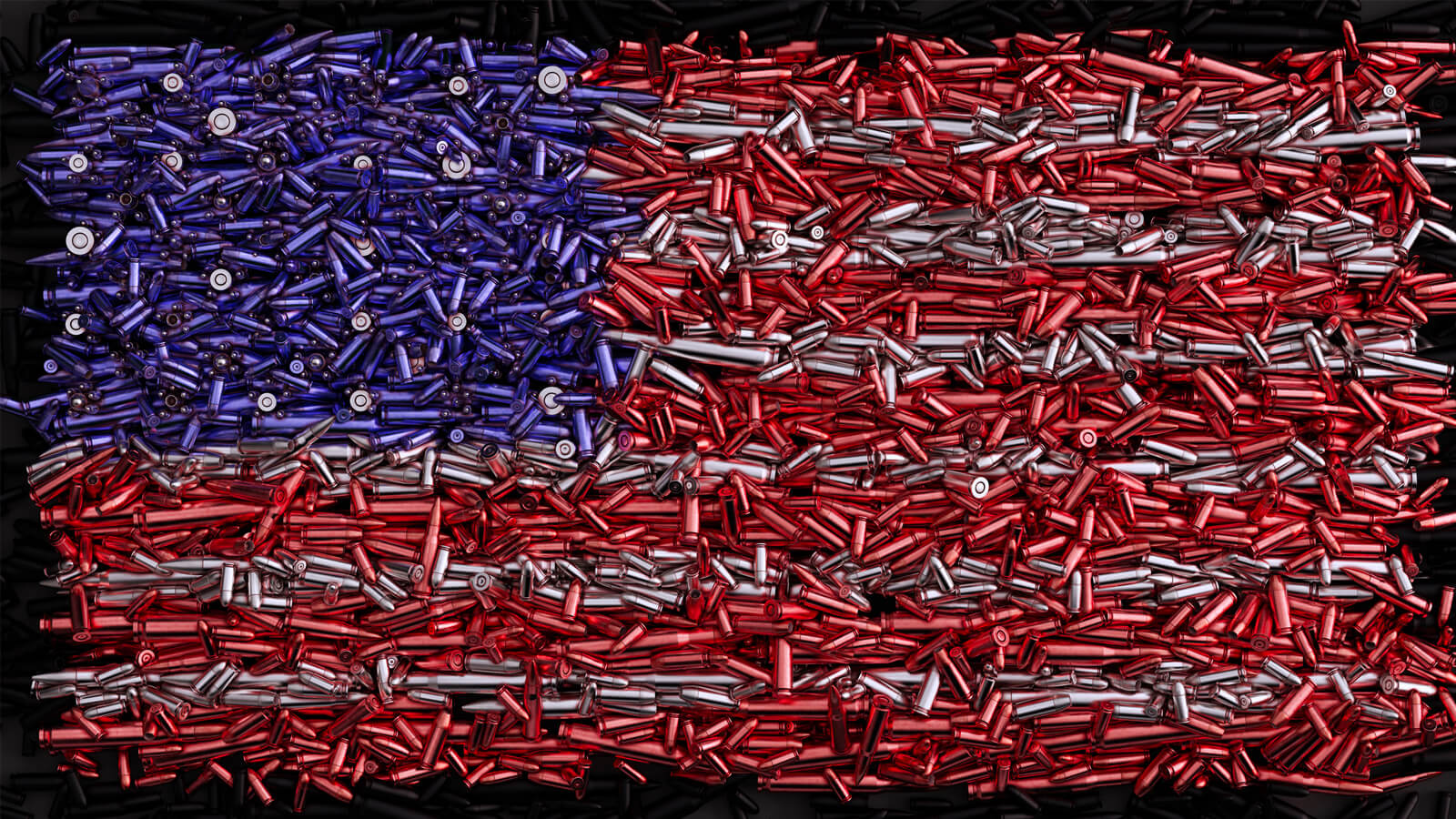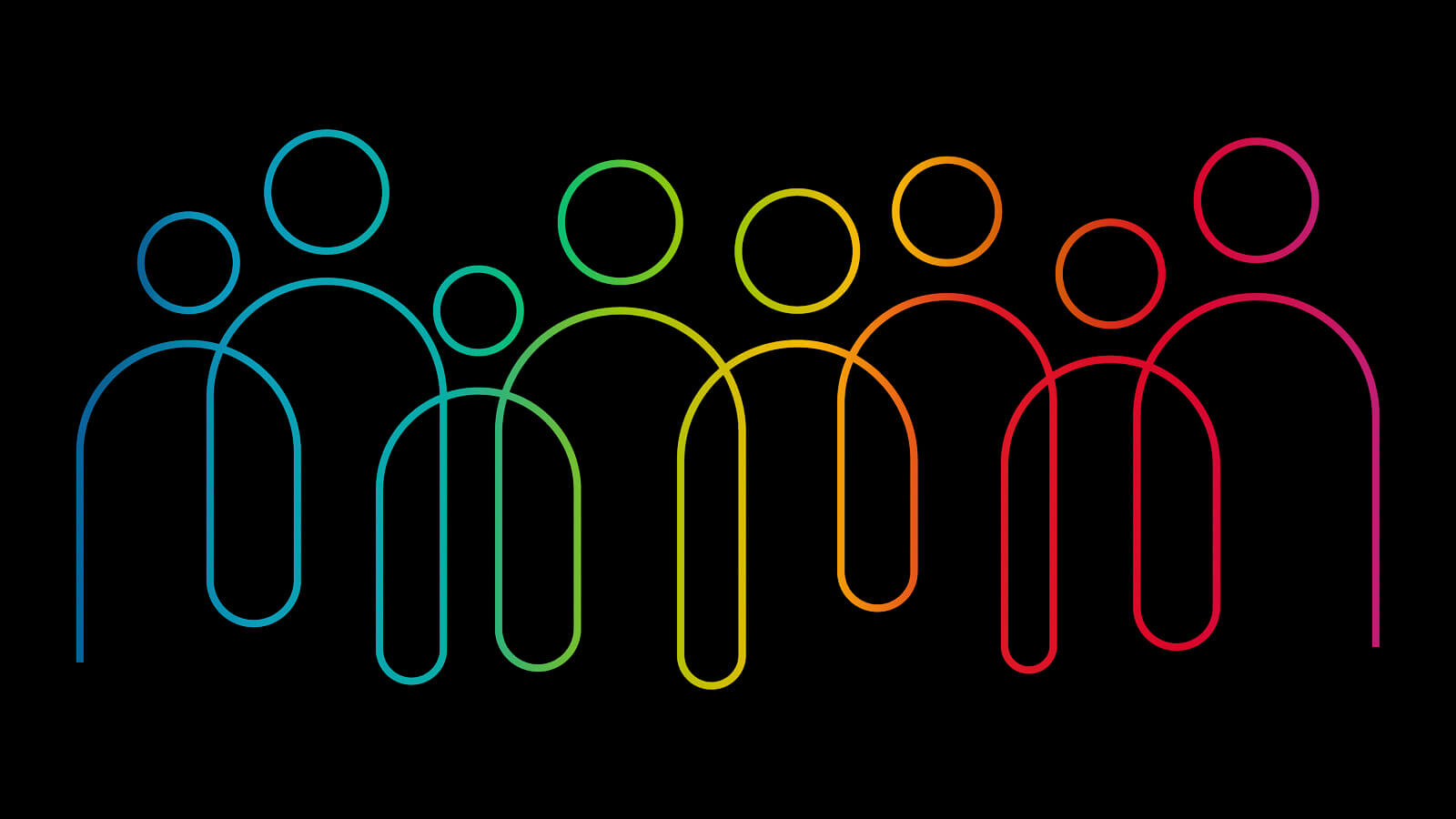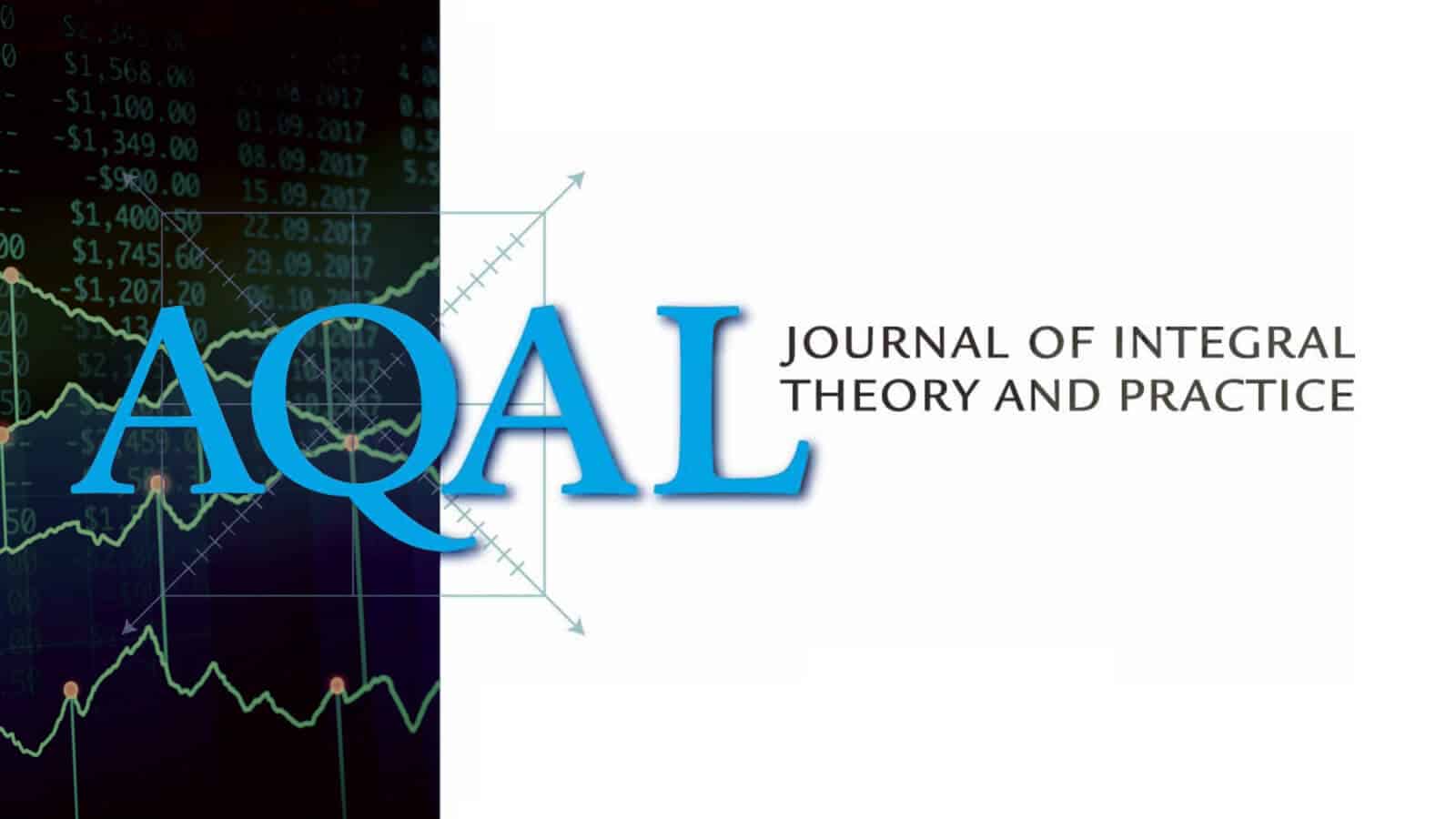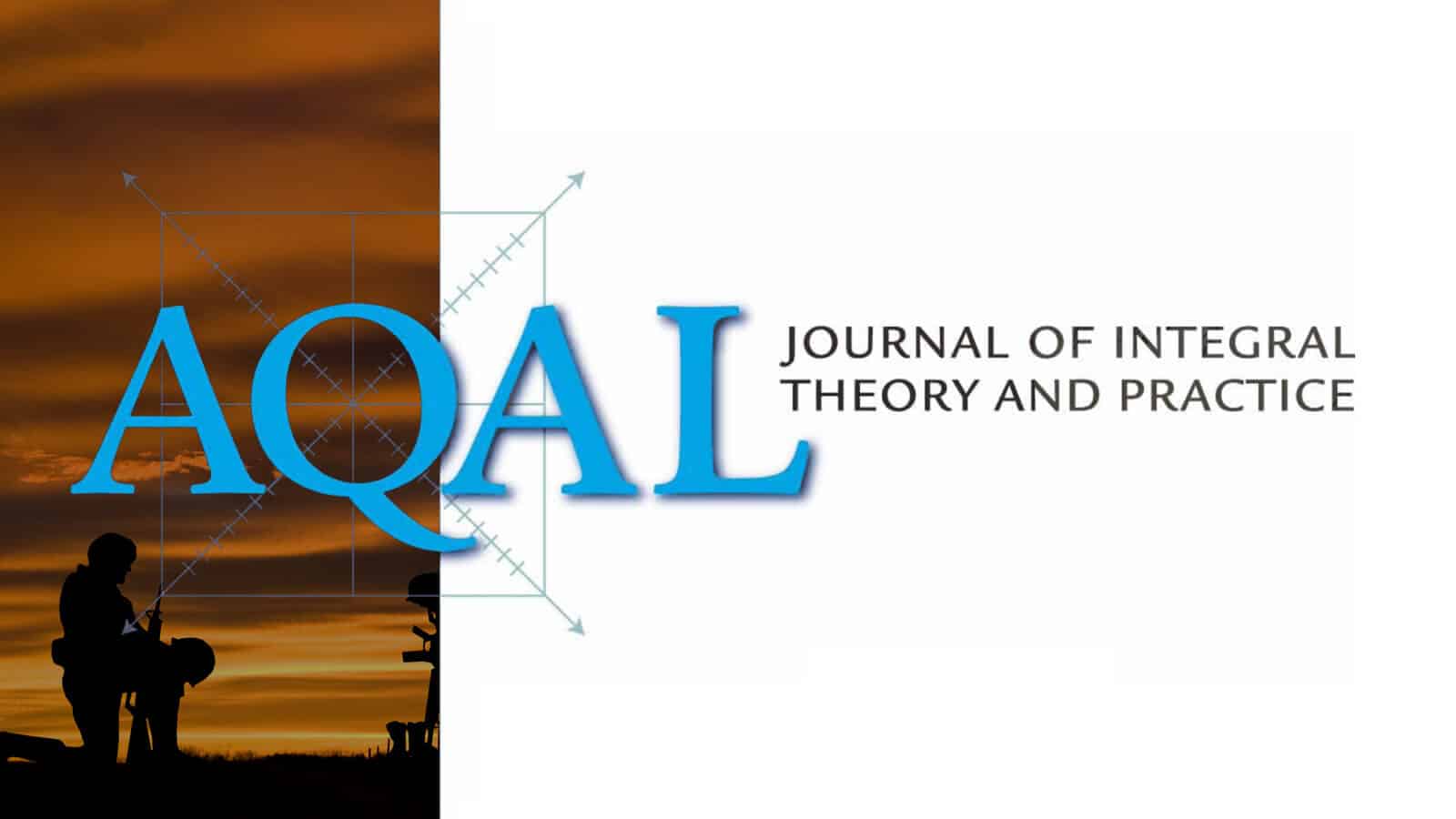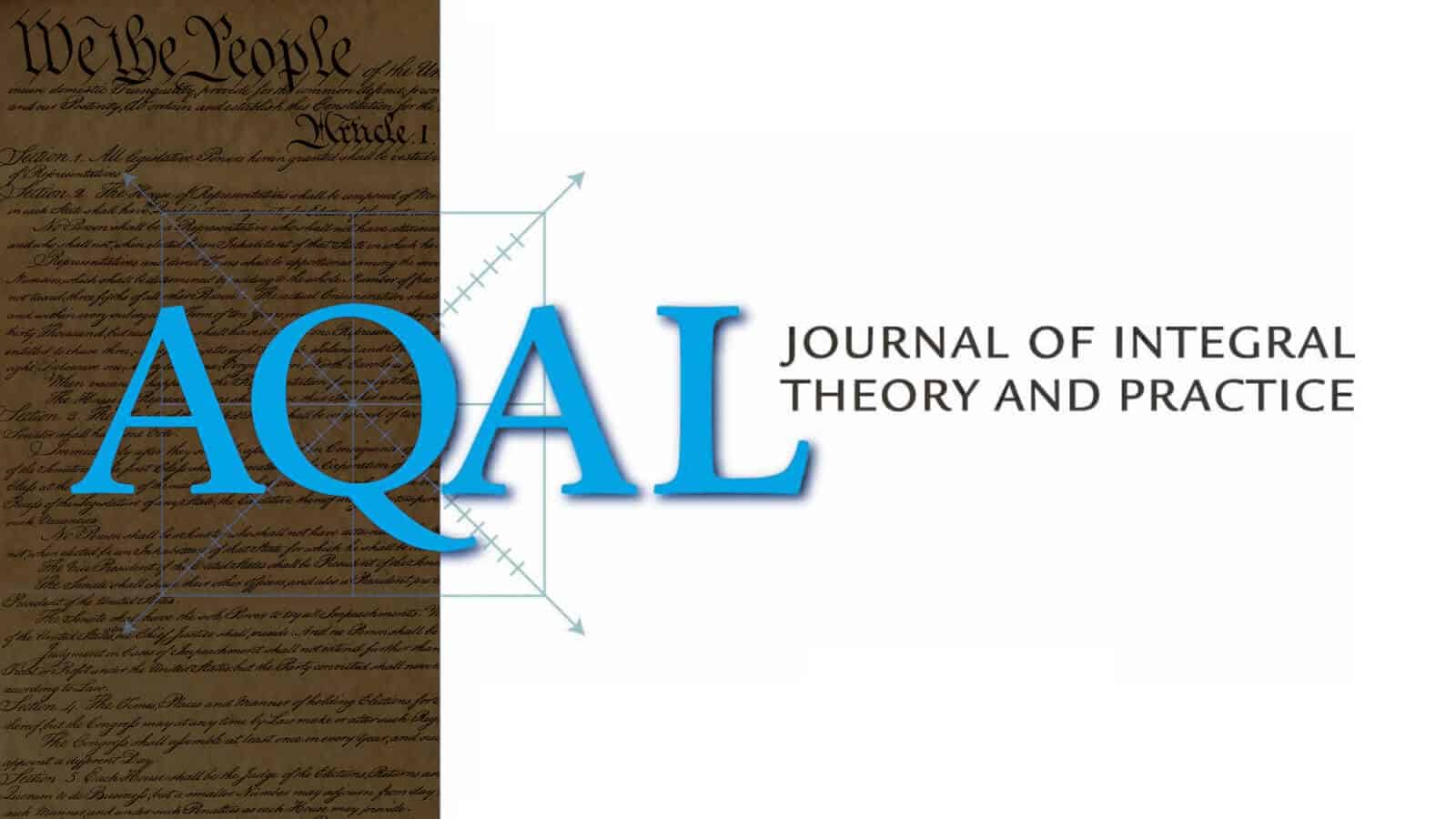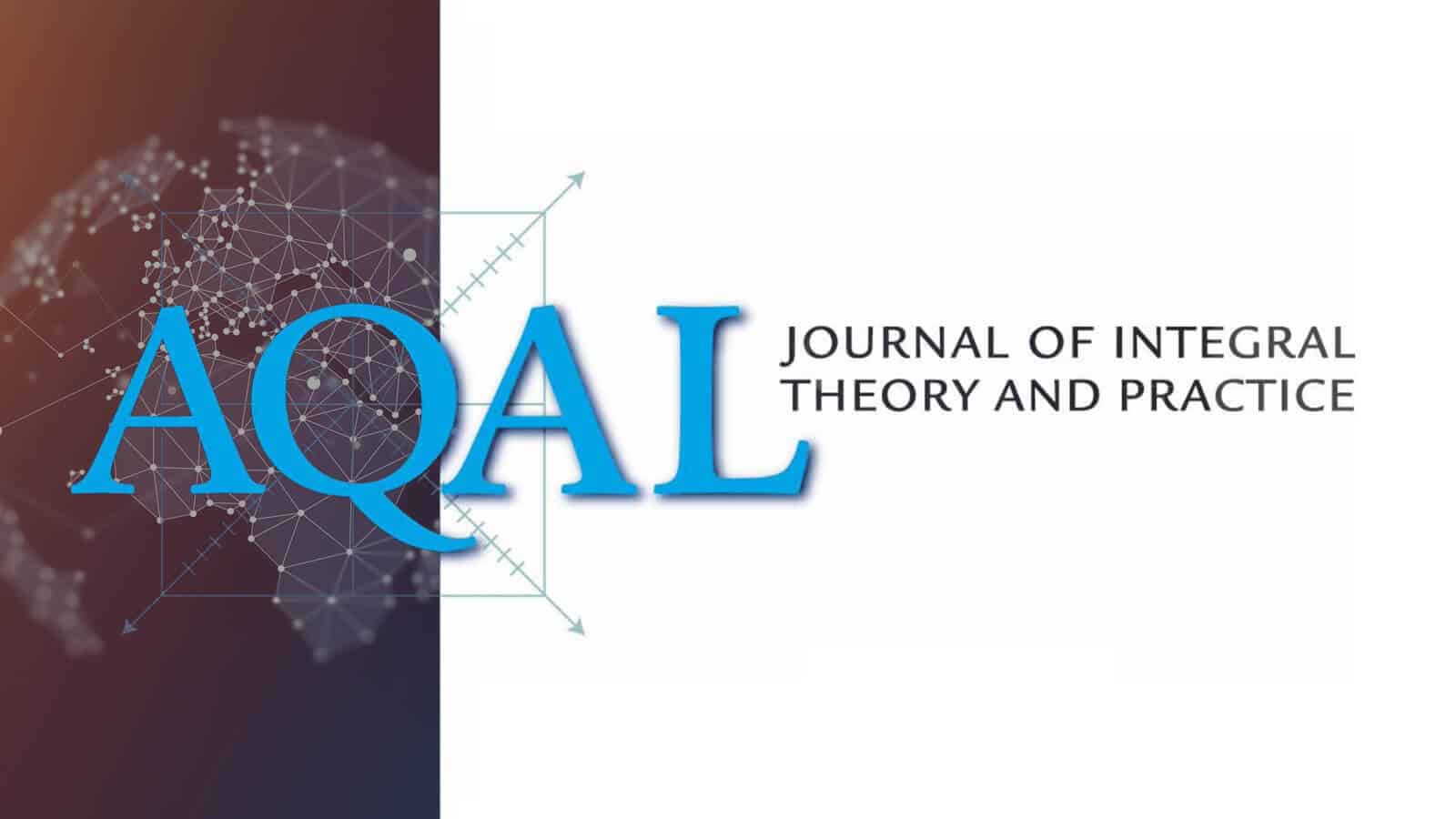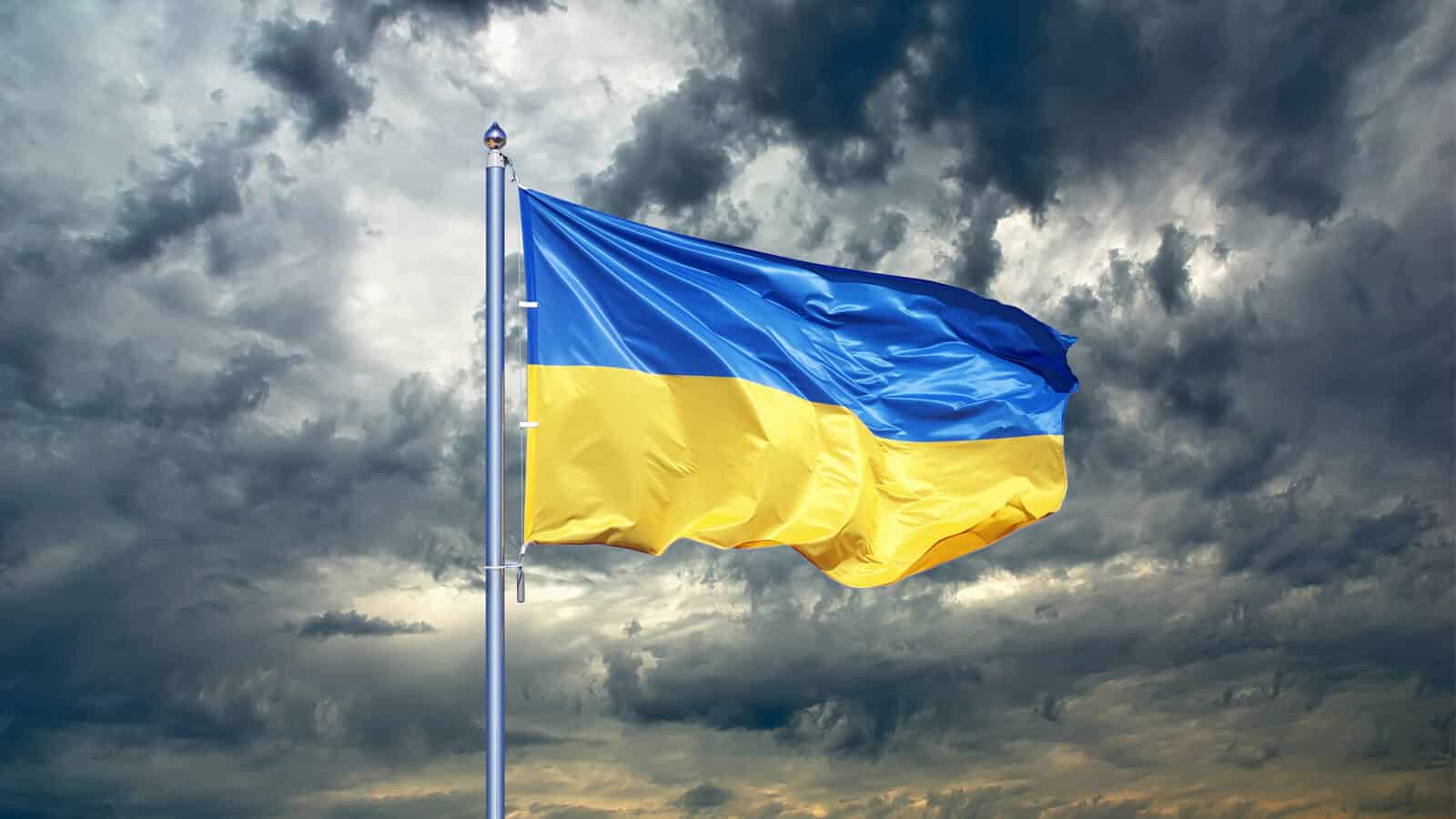More than a political talk, Marianne reveals a psychological and spiritual portrait of the United States, referencing the brilliant vision of our founding fathers, Martin Luther King’s goal of Beloved Community, and telling a stirring story of the way Abraham Lincoln’s second inauguration reflects the high morality of the populace at that time.

Politics
“The typical, well-meaning liberal approach to solving social tensions is to treat every value as equal, and then try to force a leveling or redistribution of resources (money, rights, goods, land) while leaving the values untouched. The typical conservative approach is take its particular values and try to foist them on everybody else. The developmental approach is to realize that there are many different values and worldviews; that some are more complex than others; that many of the problems at one stage of development can only be defused by evolving to a higher level; and that only by recognizing and facilitating this evolution can social justice be finally served.” – Ken Wilber


 February 2, 2024
February 2, 2024 

